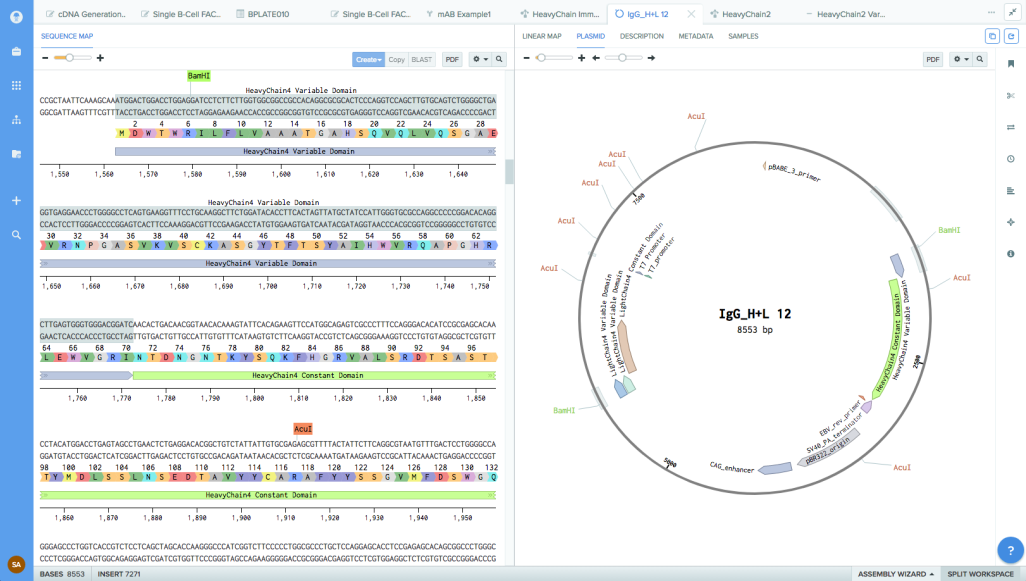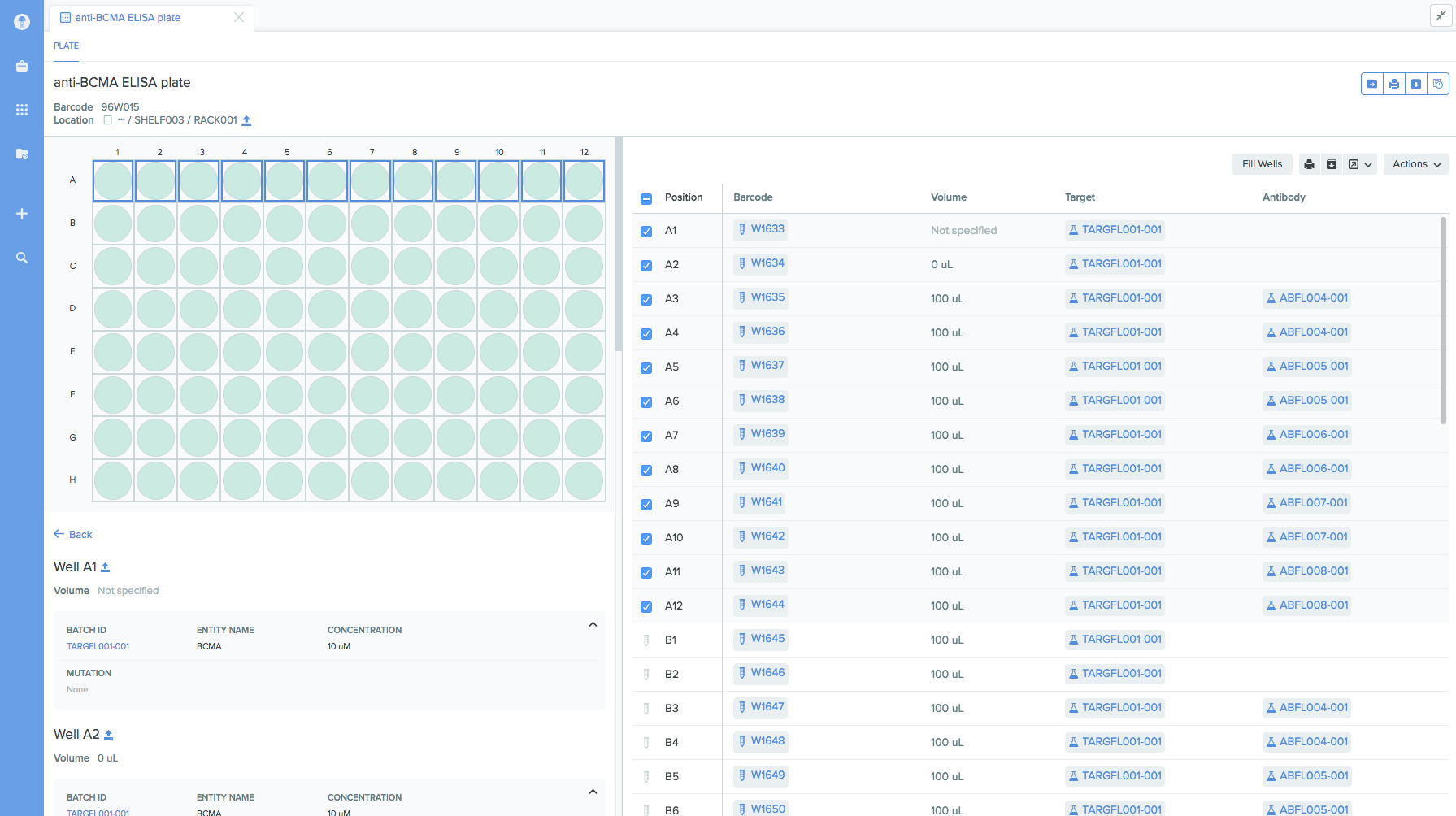By Jonathan Shieber
In a field where the laboratory notebook is still considered the state of the art, it’s no wonder a company like Benchling, which provides software for managing life sciences research, was able to nab $34.5 million.
Considering how much detailed technical work goes into the research that produces all of our great leaps forward in biotechnology, it’s a wonder that the practice wasn’t digitized sooner.
Financiers certainly see the benefit in Benchling’s technology — a new twist on what’s now a standard verticalized software as a service for a niche industry. Y Combinator Continuity, Thrive Capital, Benchmark, and Lead Edge Capital joined lead investor Menlo Ventures in financing the company.
The company said it would use the money to grow internationally and develop new products and services.
“Life science R&D has become incredibly complex across molecules, processes, and data structures. And until Benchling, there had been no end to end purpose-built SaaS application to enhance, streamline, and drive collaboration across R&D processes,” said Matt Murphy, partner at Menlo Ventures, in a statement. “Biologics are the future of life sciences and the faster that innovation gets to market, the more society benefits. Benchling‘s software replaces pen and paper workflows and becomes the system of record for a wide range of biotech and pharma R&D projects from medicine and cancer treatment to plant-based meat and sustainable materials.”

Screenshot of Benchling’s molecular modeling tool
Benchling’s software is used by more than 170,000 scientists around the world in academic labs at Harvard, Stanford, MIT and Berkeley, according to the company. Its paying customers include Beam Therapeutics, Regeneron Pharmaceuticals, Zoetis and Zymergen .
Benchling started out with free software for researchers to replace notebooks with an electronic records management system and a digital model of molecules that could be collaboratively updated by a team of researchers.
Since those initial products, the company added project management, cross-project visibility and real-time views of development progress for business customers, according to Menlo’s Murphy.
“Benchling was created for today’s researchers who are working on cutting-edge science, allowing them to focus on achieving the next breakthrough outcomes,” said Sajith Wickramasekara, co-founder and CEO at Benchling, in a statement. “The next generation of scientists is already on Benchling and at the forefront of establishing the future of the life science and biotech industries. We’ll use this investment to support deeper engagements with large commercial customers and bring the power of the cloud to tackle the complexity of biotech.”

Screenshot of Benchling’s batch management software